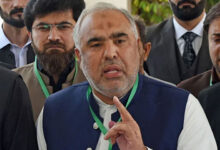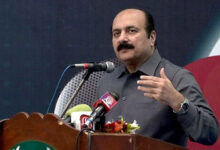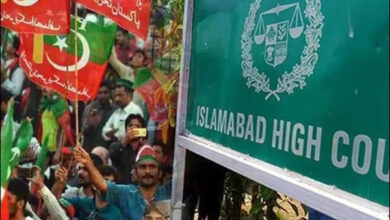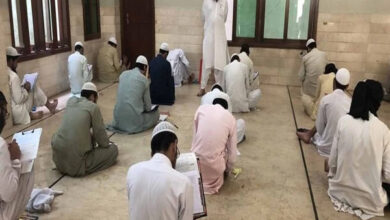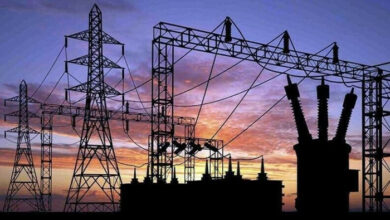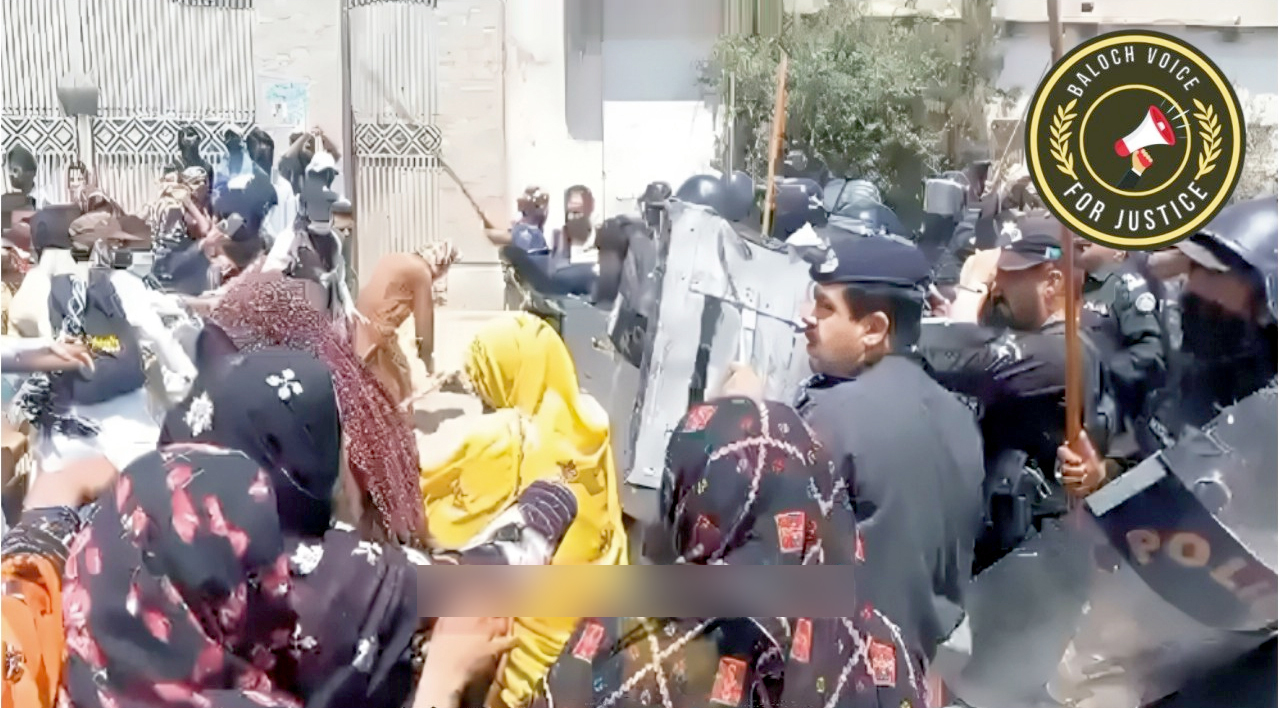Ali Zafar: Negotiations with Government Are Just the First Step, Bigger Challenges Remain

Pakistan Tehreek-e-Insaf (PTI) leader Barrister Ali Zafar has emphasized that the ongoing negotiations with the government are just the beginning of a long journey, asserting that without the involvement of all stakeholders, these talks cannot be successful. He also responded to criticism regarding PTI’s engagement in talks, stating that the party had been previously criticized for not negotiating with political parties but had taken the step after convincing Imran Khan to allow the talks to proceed.
In a private TV interview, Barrister Ali Zafar highlighted that PTI had faced considerable difficulty in getting Imran Khan to agree to the negotiations. “We were told that we don’t talk to political parties. We had to convince Imran Khan to let us negotiate,” he said. “But now the government claims we are negotiating because we are weak and tired. This is far from the truth.”
He stressed that the key to successful negotiations lies in the inclusion of all relevant stakeholders, saying, “Until all the stakeholders are part of these negotiations, they cannot be successful. When we opened the doors for talks, the government was not ready. The decision will be made by the founder of PTI, Imran Khan, as we have won the hearts of the people.”
Zafar further added that the government’s confusion became apparent once the negotiations began, with the government initially attempting to close the door to talks. He noted, “The government’s attempts to dismiss these talks are just tactics to undermine the process. Negotiating with the government does not mean everything is cleared up. This is just the first step. There are still many milestones ahead.”
**Positive Outlook from Government’s Negotiation Team**
Commenting on the government’s negotiation team, Barrister Ali Zafar expressed his satisfaction, stating, “It is encouraging that negotiations have begun, and the government’s team has a positive outlook. The members of the negotiating committee also consult with their leadership, which shows a serious approach.”
When asked about the delay in the ruling of the Al-Qadir Trust case, Zafar suggested that the postponement had created the perception that the court hearing the case was under government control. “The delay in the ruling on the Al-Qadir Trust case has led to the impression that the court is influenced by the government. The government seems to be waiting for the outcome of negotiations on January 2 before making a final decision. We don’t want it to seem like the judiciary is under the government’s influence,” he stated.
**PTI’s U-Turn: A Positive Step, Says Barrister Zafar**
Referring to PTI’s shift in stance, Zafar said, “PTI has taken a U-turn, as it often does, but this is a positive step.” He clarified that PTI had initially refused to negotiate, claiming they would not talk to ‘thieves’. However, now that they have agreed to the talks, it demonstrates a change in their approach.
**Aquil Malik: PTI’s Negotiations Reflect Their Weak Position**
Muslim League-Nawaz (PML-N) leader Barrister Aqeel Malik, who was also part of the discussion, took a different view, saying that the real reason for PTI agreeing to negotiations was its weak position. “We’ve been saying for a long time that negotiations are the way forward. Now, PTI has had to change its position because of its weak stance. Three PTI members did not even come to the talks, which shows their lack of seriousness.”
Aquil Malik further pointed out that PTI’s hesitation to fully engage in negotiations reflected its internal divisions. “They used to say they would not talk to ‘thieves,’ but now they’ve made a U-turn, which is a positive development. PTI is in a weak position, which is why they have agreed to talks,” he added.
**The Road Ahead: Focus on Public Welfare and Prosperity**
Looking ahead to the second round of talks scheduled for January 2, Malik said that the real test would be whether other PTI members would also join the negotiations. “We are doing this for the public’s benefit, leaving everything aside. The priority should be to provide people with facilities at their doorsteps. The government is focusing on improving the economy, and positive indicators are emerging,” he said.
Malik concluded by emphasizing that the public wanted prosperity and stability in Pakistan. “The people of Pakistan want to see the country prosper. We are doing this to give them a better future,” he said.
The ongoing dialogue between the government and opposition aims to ease political tensions and find common ground for addressing the country’s challenges, with the next round of talks set to take place on January 2, 2024.
